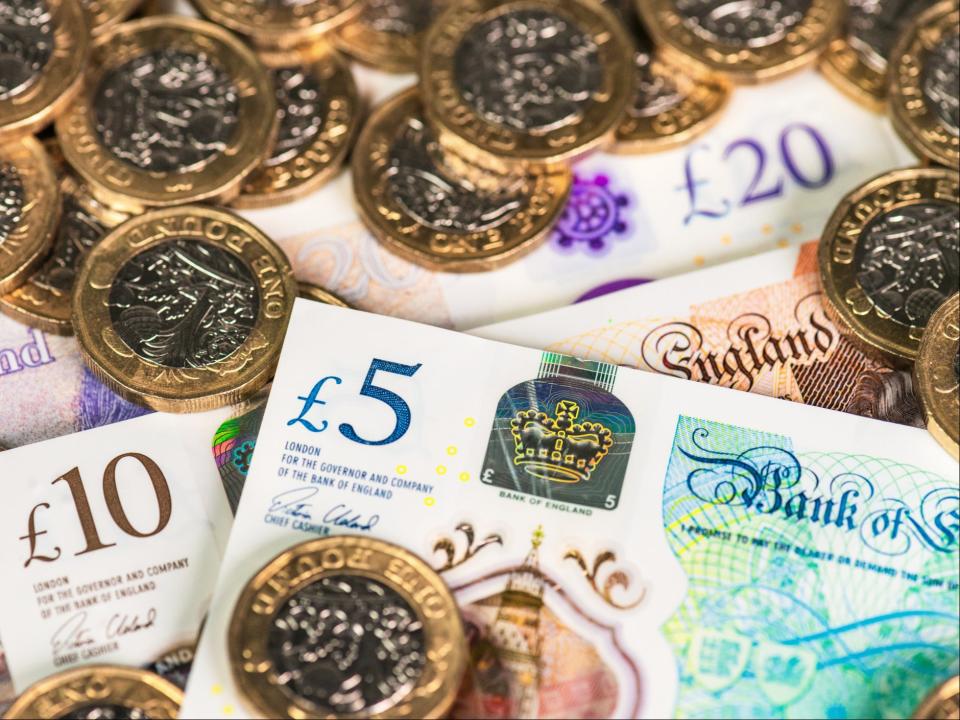Fuel and clothes price rises push inflation up to 0.7%

Rises in the costs of fuel and clothes pushed up the rate of inflation to 0.7 per cent in March, new figures from the Office for National Statistics have shown.
Inflation had been as low as 0.4 per cent in February due to unusually large drops in the clothing and footwear costs but was now beginning to grow again as the UK edged out of the Covid pandemic.
The ONS said the Consumer Prices Index (CPI), which tracks the rising or falling cost of a standard basket of goods, was now at 0.7 per cent, a rise of 0.3 per cent from the previous month.
This is still a significant fall from the inflation rate in March 2020 when the pandemic began, which stood at 1.5 per cent.
As spending in the economy collapsed during the first lockdown the inflation rate plummeted to 0.2 per cent by August but is now rebounding.
The ONS said the fall back to 0.4 per cent in February was unexpected and driven by the largest annual fall in clothing and footwear costs since 2009.
Most economists had predicted inflation in the UK would rise, with a consensus figure gathered by Pantheon Macroeconomics coming in at 0.8 per cent.
Many expect the inflation rate to steadily rise throughout 2021 as the world emerges from the coronavirus crisis.
The Bank of England forecasts show inflation in the UK hitting 2 per cent - the target set by the government - by the end of the year. The rate last hit this target number in mid-2019.
CPI measures a basket of goods reflecting what ordinary people are buying - in the latest update to this notional basket last month added in hand sanitiser gel, men’s jogging bottoms and smartwatches, while removing staff canteen sandwiches and gold chains.
Typically, if inflation is below its two per cent target, the Bank of England will cut interest rates in an effort to encourage more borrowing and spending to stimulate the economy.
However, the Bank’s base interest rate was slashed to its lowest ever rate of 0.1 per cent at the start of the pandemic in March 2020 and has remained there ever since.
Read More
UK Covid-19 vaccinations: Latest figures
Grenfell Tower landlords ‘chose price tag’ of tenants’ lives, inquiry hears

 Yahoo Finance
Yahoo Finance 